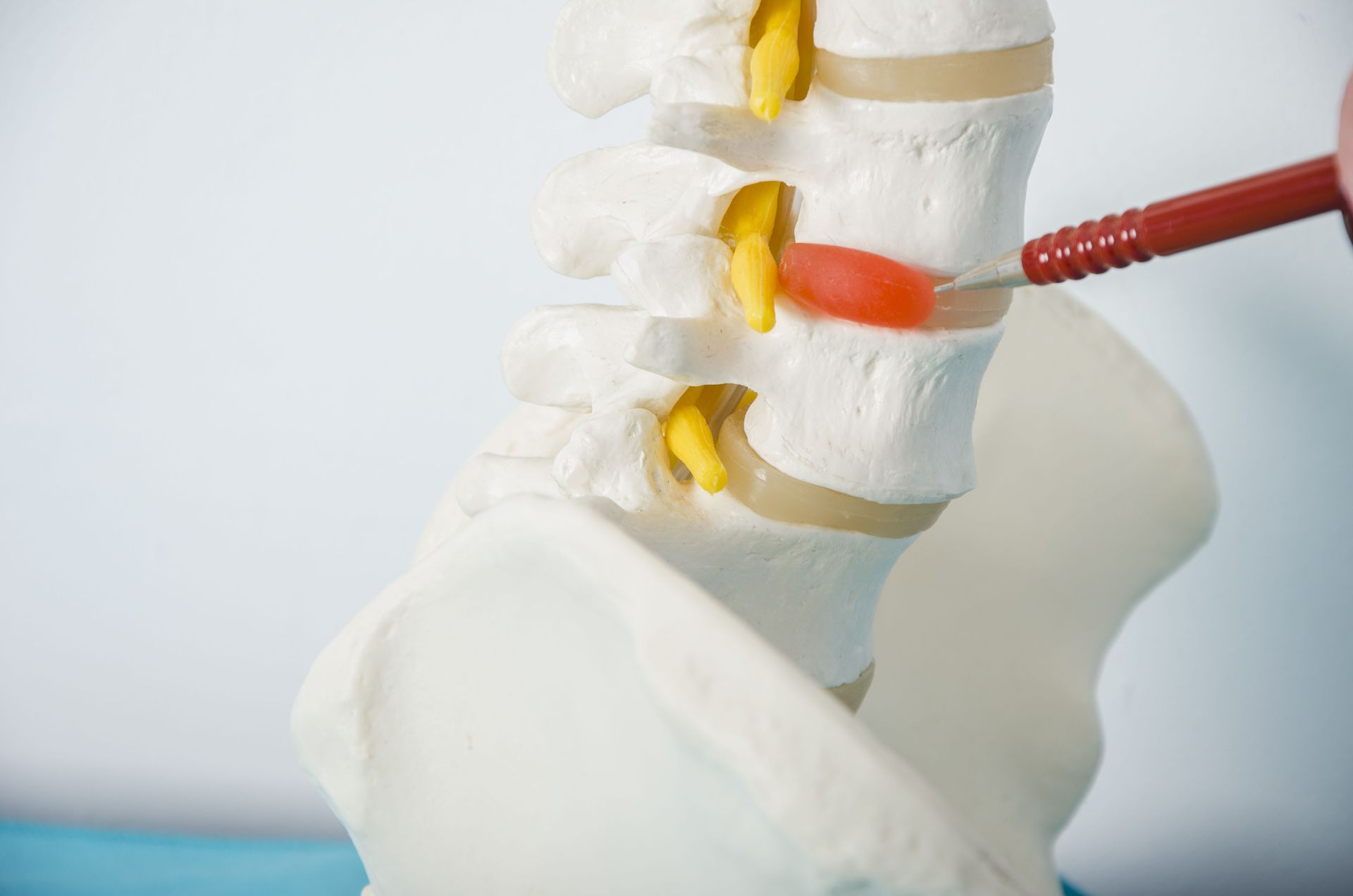Tingling Toes & Numb Fingers
Demystifying Peripheral Neuropathy

Tingling Toes and Numb Fingers: Demystifying Peripheral Neuropathy
Have you ever felt that odd prickling sensation in your hands or feet, like a thousand tiny needles dancing on your skin? Or maybe a concerning numbness that seems to creep in, stealing away the familiar tingle of a feather-light touch? These could be telltale signs of peripheral neuropathy, a condition that affects the nerves outside your brain and spinal cord. But fear not, fellow feeling-seekers! Today, we'll shine a light on this often misunderstood condition, exploring its causes, symptoms, and pathways to managing it.
What's the buzz (or lack thereof) with peripheral neuropathy?
Imagine a vast network of delicate cables snaking through your body, carrying messages between your brain and every nook and cranny. These cables, your peripheral nerves, are the unsung heroes responsible for everything from feeling a warm hug to wiggling your toes. When these nerves get damaged or diseased, the messages get scrambled, leading to the strange sensations and sometimes debilitating pain associated with peripheral neuropathy.
Causes galore: A culprit for every tingling toe?
While diabetes is the most common culprit, a surprising cast of characters can trigger peripheral neuropathy. Here are some of the usual suspects:
- Diabetes: High blood sugar levels can damage nerves over time, leading to diabetic neuropathy.
- Autoimmune diseases: Conditions like lupus or rheumatoid arthritis can attack healthy nerves, causing neuropathy.
- Infections: Shingles, Lyme disease, and even HIV can damage nerves.
- Vitamin deficiencies: Lack of B vitamins, especially B12, can harm nerve function.
- Toxins: Exposure to heavy metals or certain chemicals can be neurotoxic.
- Trauma: Injuries or surgeries can damage nerves directly.
Symptoms whisper, listen closely:
Peripheral neuropathy can be a sneaky devil, with symptoms creeping in gradually. Pay attention to these red flags:
- Numbness or tingling: Often starting in the hands and feet, these sensations can feel like pins and needles or a dull numbness.
- Pain: Sharp, burning, or throbbing pain, sometimes worsened at night, can be a hallmark symptom.
- Weakness: Muscles can feel weak or clumsy, making it difficult to grasp objects or walk confidently.
- Balance problems: Stumbling or feeling unsteady on your feet can be a sign of nerve damage affecting balance.
Diagnosis: Cracking the code of your nerves
If you suspect peripheral neuropathy, a doctor will likely conduct a physical exam, ask about your medical history, and might order tests like nerve conduction studies or electromyography to assess nerve function.
Taming the tingles: Treatment options for every path
The good news? Peripheral neuropathy often improves with treatment, and the approach depends on the underlying cause. Here are some common strategies:
- Managing the underlying condition: Treating diabetes, autoimmune diseases, or vitamin deficiencies can help heal nerves and prevent further damage.
- Pain management: Medications like over-the-counter pain relievers or prescription drugs can ease discomfort.
- Physical therapy: Exercises and stretches can strengthen muscles, improve balance, and reduce pain.
- Chiropractic care: treatments that stimulate the nerves to encourage them to start firing properly and use of machines that stimulate increased blood flow
Living well with neuropathy: Your roadmap to feeling fantastic
While there's no one-size-fits-all cure for peripheral neuropathy, there are plenty of ways to manage it and live a fulfilling life. Here are some tips for your journey:
- Protect your feet: Wear comfortable shoes, avoid extreme temperatures, and check your feet regularly for injuries.
- Maintain a healthy lifestyle: Eat a balanced diet, exercise regularly, and manage stress to support overall health.
- Connect with others: Sharing your experiences with support groups or online communities can provide valuable information and emotional encouragement.
Remember, you're not alone. Peripheral neuropathy affects millions, and with knowledge, proactive management, and a dose of optimism, you can navigate this condition and find your way back to a life filled with feeling.
Disclaimer: This blog is for informational purposes only. I am not a medical professional. Always consult your doctor for personalized advice and treatment of peripheral neuropathy.
Let's keep the conversation going! Share your experiences or questions about peripheral neuropathy in the comments below. Together, we can support each other on this journey towards feeling fantastic.



Share On: